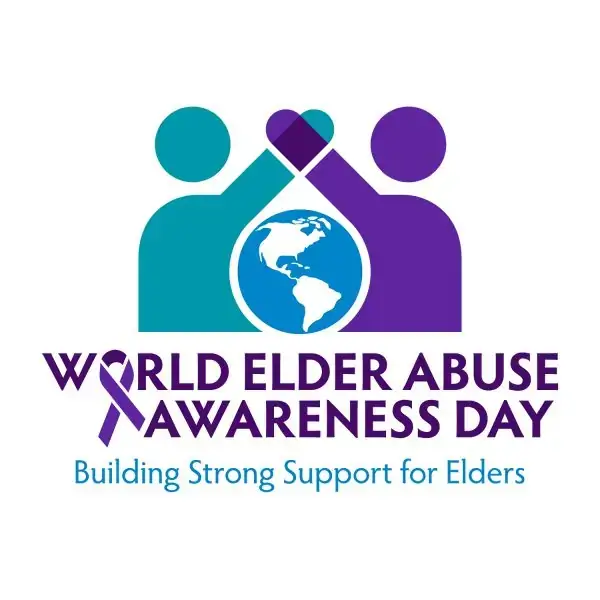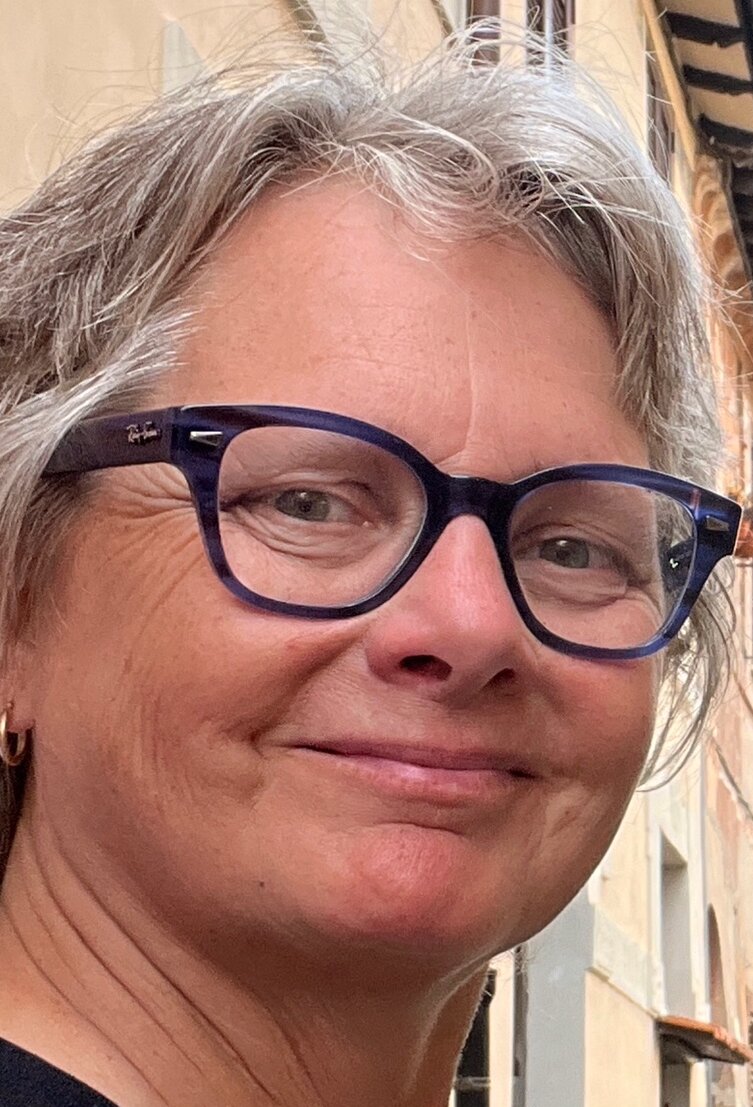Recently, I was assigned to a case in Adult Protective Services for a woman named Brooke*. Brooke had always been independent throughout the years. After her husband passed away unexpectedly, Brooke single-handedly raised her three children while working full-time and managing her home. After her children moved away and began their own lives, Brooke maintained her independence and self-reliance, even when facing some of her own complex medical issues.
When offered employment in his hometown, Brooke’s son David* moved back to town and began to visit his mother more often. David noticed that Brooke was struggling to complete some daily activities in her home, such as some personal care and cleaning in the home. David also noticed that Brooke was struggling with cooking as she was unsteady on her feet. David suggested that Brooke look into LifePath for services. However, Brooke declined, stating that she felt as if she could manage herself and her home without assistance, noting that it was just a little harder due to her limitations.
Brooke knew she needed help, but was so afraid to ask for it because she was scared of being placed in a nursing facility and thus losing her independence and self-reliance that she maintained for so long.
As time passed, David noticed a decline in Brooke’s condition. Brooke began to lose weight and her appearance was more disheveled. There was a strong smell of body odor. Brooke was also not able to maintain her home as she once could, resulting in unsanitary conditions. Brooke was missing medical appointments and David noticed that Brooke stopped taking her medications.
David became concerned and called LifePath for assistance as he was unsure what to do, but knew that his mother needed help. After his mother continued to refuse help, a report of concern was filed with Protective Services. Once the report was assigned to me, I went out to complete an assessment and realized that Brooke was indeed experiencing what is known as self-neglect.
You may wonder what was preventing Brooke from accessing services resulting in self-neglect. The answer was simple; she wanted to stay at home and age in place. In the example above, Brooke was so adamant about staying at home that she was willing to engage in behaviors that normally she would not do. Brooke knew she needed help, but was so afraid to ask for it because she was scared of being placed in a nursing facility and thus losing her independence and self-reliance that she maintained for so long.
By definition, self-neglect is defined as a vulnerable adult living in a way that may jeopardize and increase the risk to their health, safety, and/or well-being. Self-neglect can look like many things, both in a physical and behavioral sense. Physically, a person may begin to neglect their appearance, such as not bathing or performing other simple hygiene tasks, wearing dirty or inappropriate clothing, not properly eating or hydrating themselves, having unsafe, hazardous, or unsanitary housing conditions, or even sores, skin infections, and rashes. Behaviorally, a person may be engaging in financial mismanagement, non-compliance of medications, unsafe driving, social isolation, and potentially wandering.
Self-neglect can occur for many reasons. A person can suffer from mental health conditions such as depression, anxiety, dementia, hoarding disorder, and impaired executive functions, such as the case with psychosis or schizophrenia, for example. There also may be physical and social factors at play, such as physical limitations and disabilities, substance use, alcohol use, decreased social networks, trauma history, chronic illnesses, and even poverty. Personality traits can also play into self-neglect. Or, as in the case of Brooke, it can simply come along because of the fear of losing independence and the physical inability to maintain as one once did.
In the year 2024, there were 1905 self-neglect cases reported in Berkshire County, Franklin County, and the North Quabbin area. This is up from 1311 in 2023. Overall, in the United States, self-neglect has been the primary type (41.9%) of older adult abuse cases reported to the Adult Protective Services (https://pmc.ncbi.nlm.nih.gov/articles/PMC5472408/). Other reported types include caregiver neglect, emotional abuse, physical abuse, sexual abuse, and financial exploitation.
In the case of Brooke, I was able to speak to her, hear her concerns, and meet her where she was. I was able to help her connect to services through LifePath that helped her with her needs, such as Meals on Wheels, home health care, a Life Alert button, and medical transportation. Brooke was also able to get a medication dispenser and a new walker for better mobility management. After a few months of successful services, I closed the case. Brooke has been doing much better and is participating in more social activities, so she is not alone.
However, it must be said that what others might think is best for someone may not be what the older adult wants. LifePath values individuals’ right to self-determination and autonomy. Self-determination is the ability to make one’s own choice and autonomy is the freedom and will to do your own actions. I have had many people who are in the cycle of self-neglect who ultimately do not want to accept the help. You have to remember that this is the older adult’s decision and that even though it may be unsafe, it is still the older adult’s decision which must be respected. It is important for the older adult to know that when they are ready to accept the help, it is there for them without judgment.
If you suspect self-neglect, caregiver neglect, abuse, or financial exploitation, please contact the Older Adult Abuse Hotline at 1-800-922-2275 or go too https://www.mass.gov/report-elder-abuse. You can also find this link on LifePath’s website under “Report Abuse.”
*Real names not used in this article.





